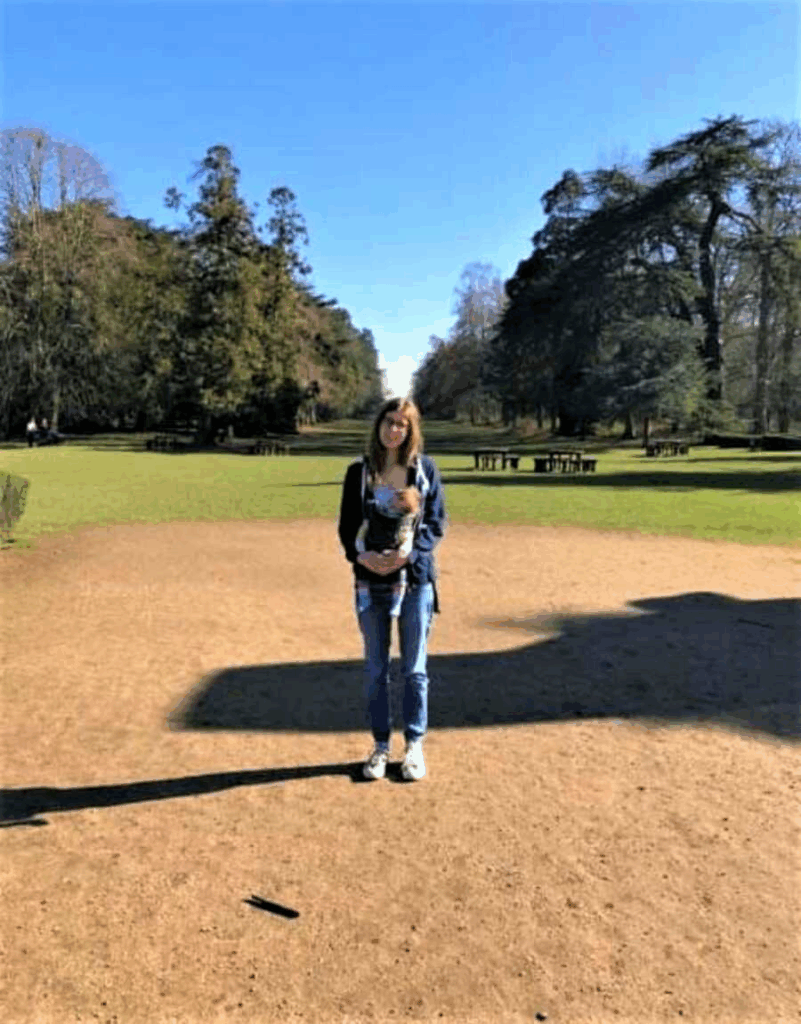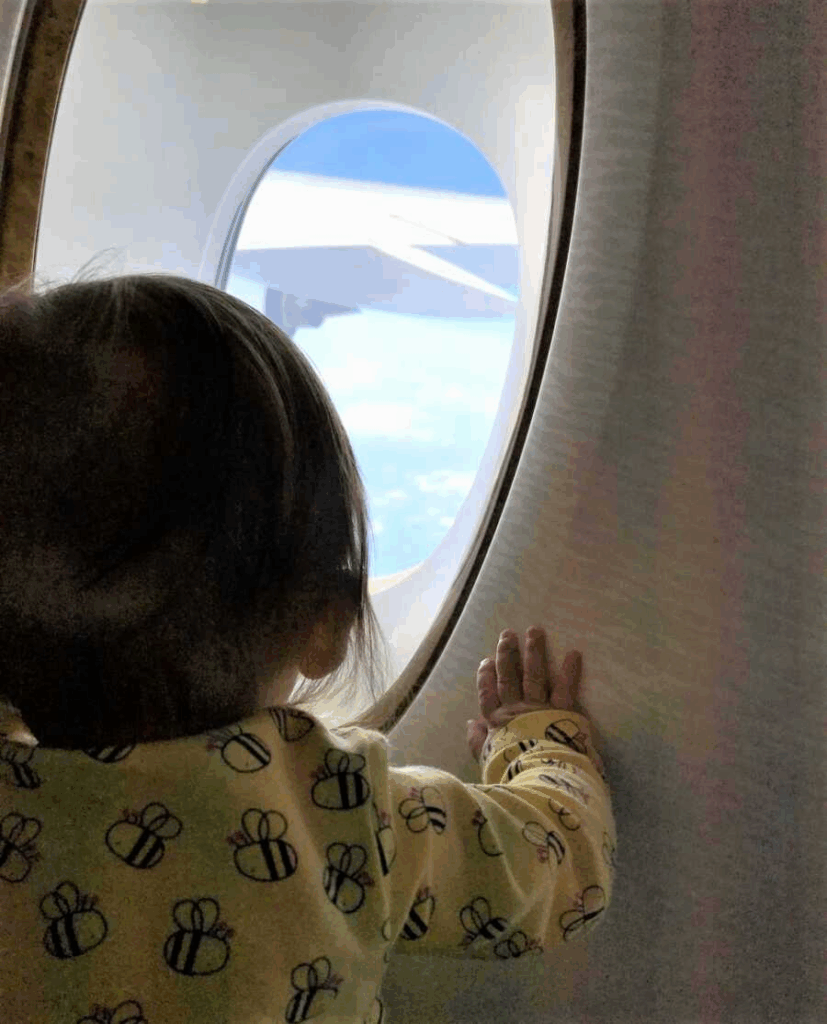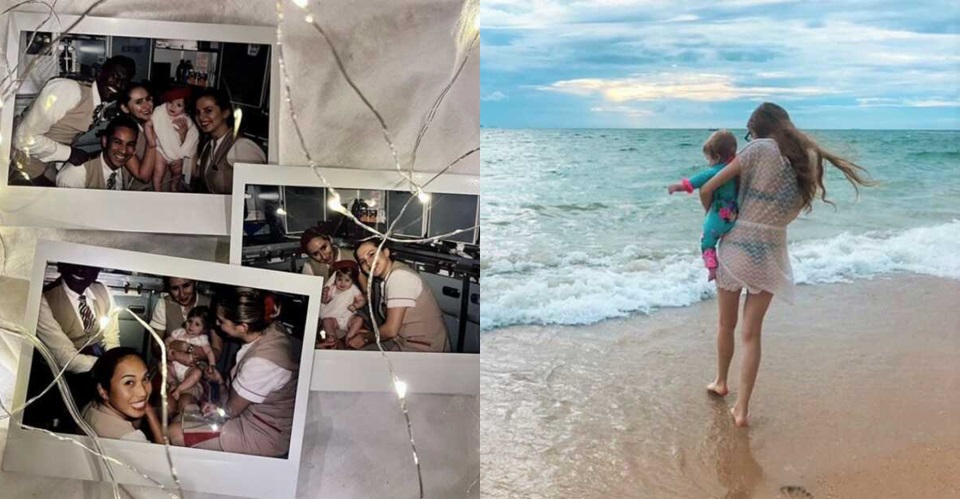She didn’t lose a future; she found a new one, trading “perfect family” for a perfect team of two, and learning that being enough for her daughter was always more than enough for both of them. She didn’t plan on becoming a mother right then, but her heart shifted the second she saw the test. When she told her partner, the words that stuck weren’t sweet or steady; they were blunt: it would be “better” if she ended the pregnancy. She should’ve known then she’d be doing this on her own. Still, she hoped. They talked, patched things over, and tried to move forward. A few months later, he announced he was moving 6,000 miles away. “It’s not goodbye,” he said. She wanted to believe him. She didn’t.

They kept the long-distance going because the picture of a “whole” family is complex to let go of. While he built a new life, dinners, parties, and sunshine on a balcony, she stayed home with a tiny baby, watching dads at the park and wondering if her child would ever have that. Postnatal depression crept in. Social workers stepped up, helped her steady her days, and she began to breathe again. The relationship, though, frayed. She resented being left to carry it all; he resented the reality of a child he’d urged her not to have. Before the baby, she’d been chasing a law degree and a suitcase of dreams, pizza in Naples, perfect croissants in Paris, markets crowded with color in Vietnam. Now life looked different.

Weeks before he left, they’d talked about her moving to his new country. When things felt shaky, that became her lifeline: if she went, it might all click back into place. So she packed half a house into a bag and flew across the world with her baby. Daytimes were bright. She strapped the baby on, learned the city street by street, met friendly faces, and realized that traveling with a little one wasn’t impossible. The baby tasted new fruits, grabbed for the pool steps, and smiled at everything.
She felt alive in the noise and sun. But evenings were flat. He’d come home, and the air between them stayed cool. A week in, a message request flashed on her phone. The name was fake, but the meaning wasn’t. For months, the account had followed her friends; now it sent proof. She knew, deep down, there was someone else. She didn’t rage. She put the phone on the counter and asked, “What is this?” He glanced at a photo and said, without looking at her, “It’s what it looks like.”

The world narrowed. She cleaned his apartment until it didn’t feel sticky with lies. She took long walks. She lingered in the aisles at the grocery store because it felt normal. She clutched her daughter closer. The tension at home swelled; he avoided eye contact, sat on the couch, waited for it to pass. It didn’t. She booked the first flight home. This time, there was no “see you later.” For a while, she called that season the worst of her life: a relationship in pieces, one paycheck, a baby on her hip, and a phone she watched far too often. Lost time she couldn’t get back. But distance softened the edges, and she saw the other truth: 2019 was the year she got steel in her spine. She flew long-haul alone with a baby.

She climbed out of PND. She built a life for a family of two. She found the good tucked inside the wreckage. He calls sometimes, but he last saw his daughter on her first birthday. She’s three now. Of course, she worries: will her little girl miss what other kids have? Will she look at a playground and wonder why her dad isn’t there? Will she need to fill every weekend with magic to cover the gaps? Yes, yes, and yes. She’s human. She’s also enough.
Some days are heavy. Some nights are loud with her thoughts. Sometimes she wants another adult to talk to and sends too many messages. Sometimes she shuts the door and breathes in the quiet. Still, the truth holds: she loves solo parenting. It is exhausting, and it is hers. Her old adventures have become their adventures. Together, they’ve looked elephants in the eye in Asia and felt warm trunks brushing their hands on the way to the sanctuary.

They waved to Minnie and Mickey in Paris and chased the flakiest pastry they could find. They built lopsided sandcastles on windy Welsh beaches and laughed until the tide took them. The map in her head changed; the journey got better. What she imagined years ago isn’t what she has now. What she has is stronger. It took heartbreak to get here, but standing beside her daughter, she knows she ended up exactly where she belongs.











